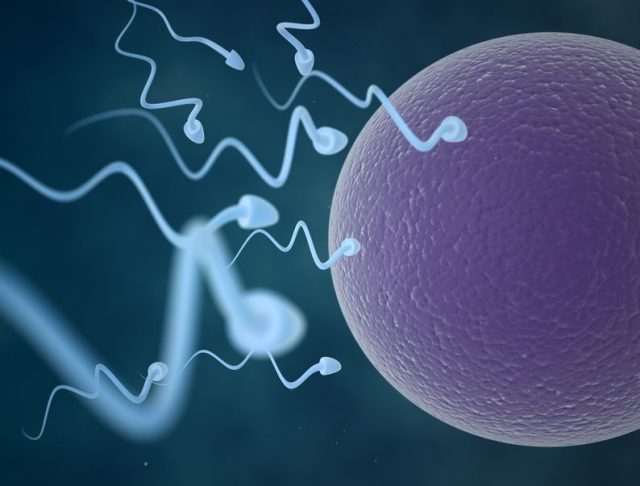People’s lifestyle influences not only themselves but also their future descendants. In this context, recent research has shown that parents provide more than just genetic information through their sperm.
In particular, it was found that the sperm is affected by the parents’ lifestyle and pass this information on to their offspring.
It has been shown that when sperm passes through the male reproductive system, they receive non-genetic strains that affect them before ejaculation; these changes can have important effects on the health of their future offspring.
The truth is that genes are not the final judgment of a person’s life, because although the genome remains intact for a lifetime, the way in which genetic instructions are followed can be very different.
This is the so-called epigenetics, which explains why two people, although genetically identical and working in similar environments, can still see and act very differently.
One of the most important molecules in epigenetics is RNA, which can hide genetic information from the cellular machinery that executes its instructions and can cause genes to switch on and off or disappear.
In this context, Upasna Sharma and Colin Conine, together with Oliver Rando, Professor of Biochemistry at the University of Massachusetts School of Medicine, addressed the question of how the heritage of parental behavior in their children can remain alive when their epigenetic elements enter the embryo.
In this regard, it was found that although immature testicles contain identical DNA to mature sperm, as produced by the male reproductive system, they collect information on the health status of the father.
In addition, working with mouse sperm at different stages of development and at different levels within the male reproductive system, they found that the sperm acquired and rejected epigenetic content from the father as they passed through the epididymis.
Similarly, when examining the origin of this epigenetic content in semen, it was found that the RNA came from the cells of the epididymis and fused with the semen and remained with them until their final union with the egg cell.
A genetic study estimated how many people made up the Indian population.
Then it was found that sperm at different sites in the reproductive system had the same genetics, but not the same epigenetics, which, according to the researchers, can affect the offspring of parents, ranging from difficulties in implanting the embryo into the uterus to congenital problems in children.
These findings shed light on the processes by which parents do not pass on genetic information to their children and enrich the subject area. Finally, experts point out that these changes do not necessarily have to be negative, but recommend maintaining a healthy lifestyle to give their offspring the best qualities.
Reference: Biogenesis and function of tRNA fragments during sperm maturation and fertilization in mammals. https://doi.org/10.1126/science.aad6780
